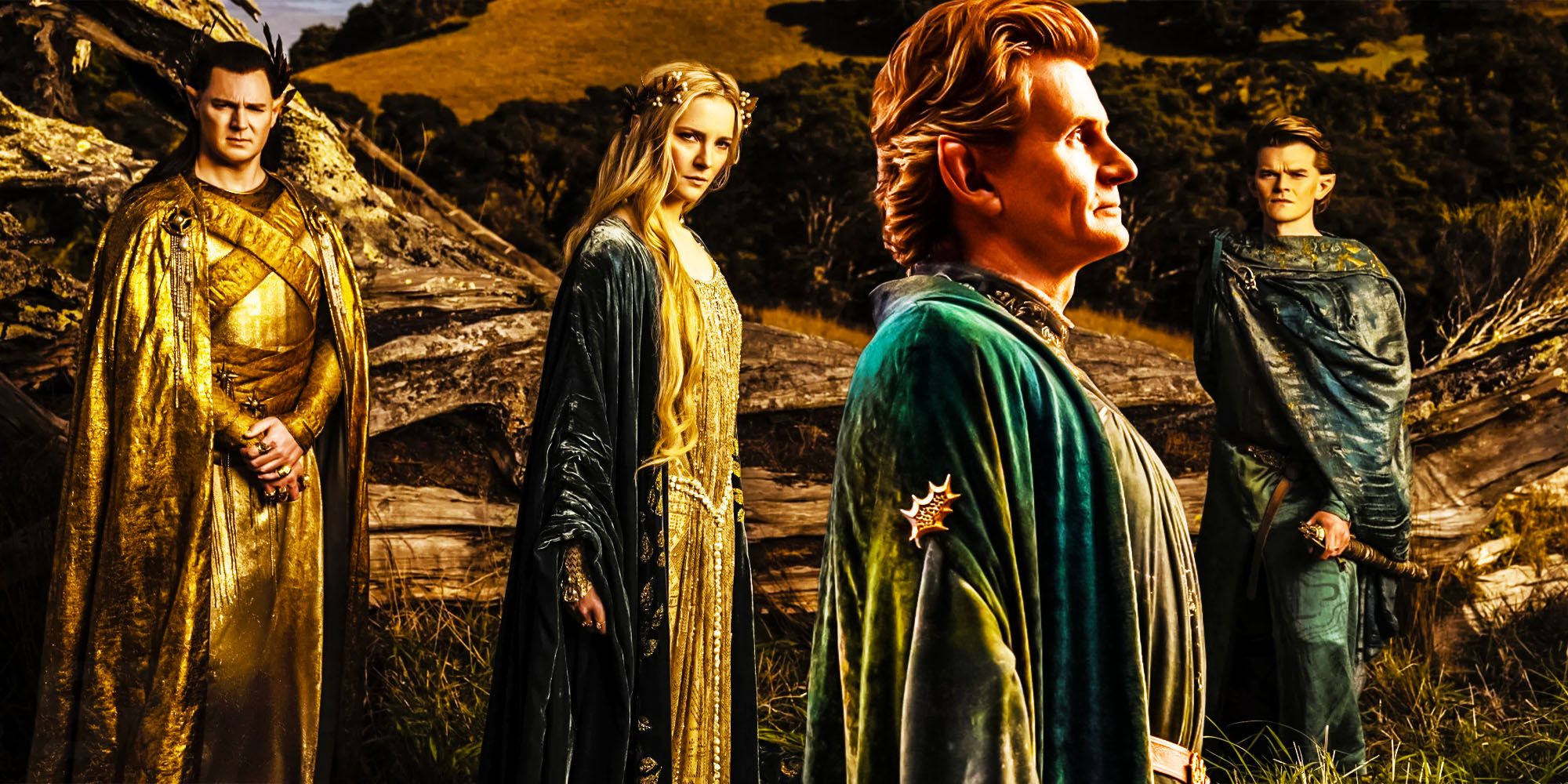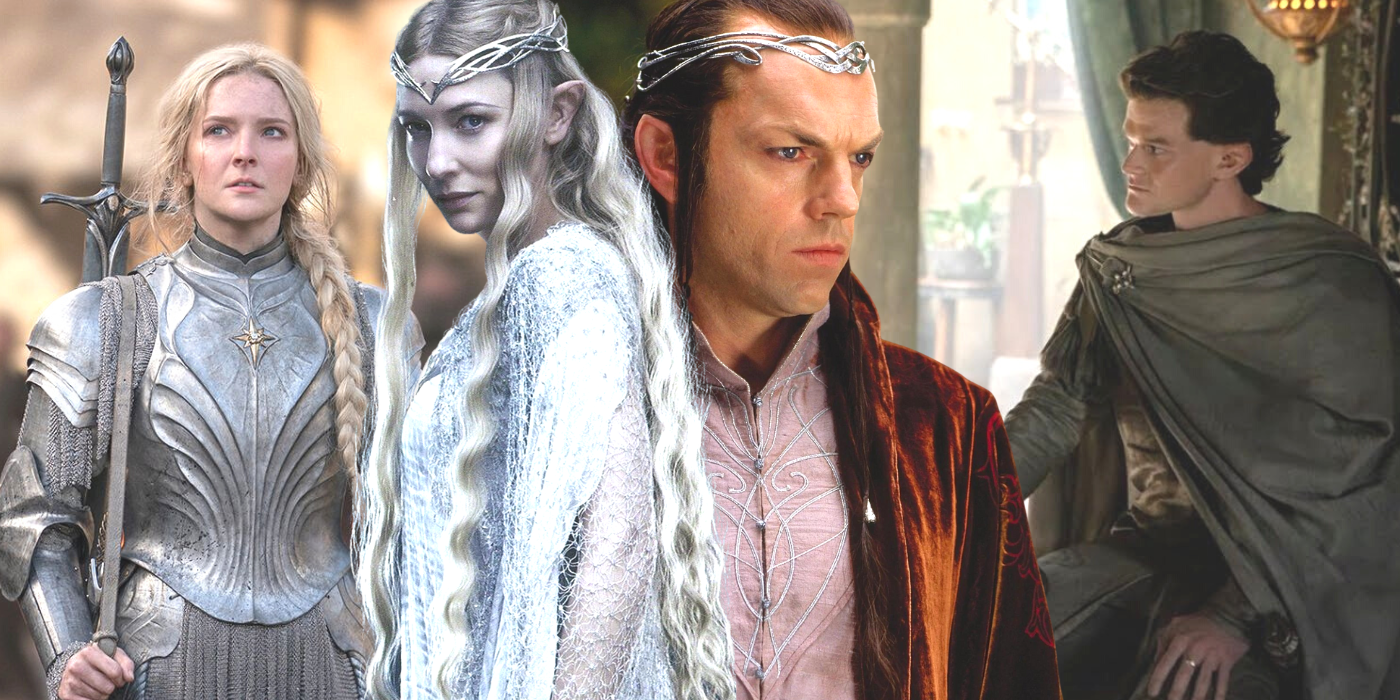Warning: Contains potential SPOILERS for The Lord of the Rings: The Rings of PowerElves are one of the most powerful races in The Lord of the Rings lore, but their great age and relative youth make it unclear whether Elves are immortal. Elves are a staple of several fantasy franchises, and they have been portrayed in many different ways. The Elves in Netflix's The Witcher are similar to those in The Lord of the Rings, but in the Harry Potter series Elves, such as Dobby, are far removed from the likes of Legolas. With so many versions of Elves, it can be challenging to keep up with what their powers are in each series.
Amazon Prime's The Lord of the Rings: The Rings of Power has brought renewed interest to J.R.R. Tolkien's take on Elves. The Ring of Power's main characters, Galadriel and Elrond, both also appear in Frodo Baggins and company's famous The Lords of the Rings' story despite the two adventures being set thousands of years apart. With that in mind, here's a look at how The Lord of the Rings' Elves age and whether they are truly immortal.
In Tolkien's work, Elves share similar characteristics as Men because they are both children of Eru Ilúvatar, creator of life in Middle-earth. But the key differences are that Elves are immortal and age differently. Elves have three cycles in their lives. The first cycle for Elves is childhood and adolescence, lasting around 100 years, though most elves are fully grown after their first 50 years. The second cycle of an Elves' life is adulthood which can span thousands of years, all while not physically aging. Despite being immortal, the final cycle is not reached by all Elves, as most either die or travel to Valinor. The only physical clue that an Elf reaches the third cycle is that they grow a beard, a notable feature of Círdan who lived for over 10,000 years.
How Elves' Immortality Works
Although Elves are immortal, it doesn't mean that they cannot die. One way in which Elves can die is by physical injury, for example in Peter Jackson's adaptation of The Lord of the Rings, Haldir of Lothlórien is slain by Uruks during the battle at Helm's Deep, although his fate is different in J.R.R. Tolkien's novels. Still, Elves are more difficult to kill in battle than Men thanks to their superior healing abilities. Elves can also die from poisoning, as Aredhel was during the First Age, or more tragically from grief, like Lúthien did when her partner Beren died.
When an Elf dies their spirit passes to the Halls of Mandos in Valinor. In the Halls, Mandos, Middle-earth's God of the Underworld, decides whether a deceased Elf deserves to be granted their physical form again or not, depending on whether they were good during their life and whether they have the will to live again. If Mandos decides against it, an Elves spirit will remain in their Halls for eternity or until they are ready to be re-embodied. Although immortality may sound appealing, the Elves in the Lord of the Rings universe speak of the "Gift of Men" as they perceive mortality and death as a positive phenomenon, while they are tied to the world forever.


